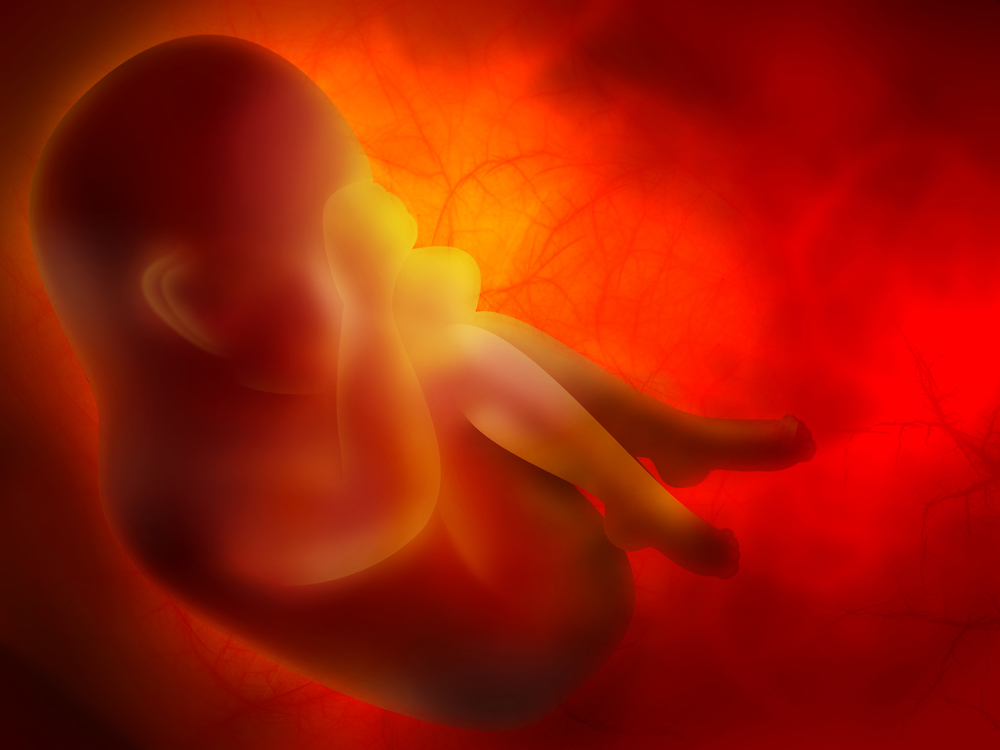UK Is First Country to Approve Three-Parent Baby Fertility Treatments

The United Kingdom is the first country to approve “three-parent” fertility treatments after receiving a nod from regulatory authorities, a decision that is likely to allow women in the UK with mitochondrial disease to have a healthy baby.
Lawmakers in the UK had voted earlier this year to allow the treatment, but clinics still needed to be licensed from the Human Fertilization and Embryology Authority (HFEA).
The HFEA approved the “cautious use” of the treatment Dec. 15. Approvals be granted on a case-by-case basis, with the first licenses expected to be issued by April 2017.
The three-parent fertility treatment, which uses in-vitro fertilization (IVF), uses DNA from two women and a man, allowing mothers who carry disease-causing mutations in their mitochondrial genes to give birth to healthy children.
Sally Cheshire, HFEA chair, called the decision to license the treatment “historic and important” as well as a “world first.”
“I’m sure patients who might be in line for this treatment will be really pleased by what we’ve decided today,” Cheshire said in a news release, adding they “will proceed with caution.”
Andrew Greenfield, an HFEA member, said the board decided to approve the treatment because evidence suggested they should move forward – an independent panel of experts said this practice could be adopted cautiously to prevent certain genetic diseases from passing on to future generations.
The method was recommended by the independent panel only in particular circumstances where inherited diseases could cause death or serious disease and where there were no other alternatives.
The independent review was published in Nature on Nov. 30.
Mitochondrial disease causes symptoms ranging from poor vision to muscle wasting and health providers estimate that around 125 babies are born with the mutations in the UK each year.
The first baby conceived using mitochondrial donation was born earlier this year in Mexico, where the use of this fertility treatment is still unregulated.
Cheshire is confident regarding the ethics of the treatment, which could benefit 3,000 families in the UK.
“We relied on an expert panel of international scientists,” Cheshire said. “This is five years … with an extensive public dialogue, and a very heavy debate in parliament.”
The method uses the usual nuclear DNA from the mother and father and a small amount of healthy mitochondrial DNA (mDNA) from a female donor.
The first women could start receiving the treatment in March or April 2017 through the Wellcome Center for Mitochondrial Research at Newcastle University.
“We are delighted by today’s decision,” said Doug Turnbull, director of research at the center. “In Newcastle, we will be aiming to treat up to 25 carefully selected patients a year with the mitochondrial donation technique.”
The approach is promising, but its success is not guaranteed. Robert Meadowcroft, CEO of the Muscular Dystrophy, a charity organization, said the situation could give people hope and choice for the first time, if “we recognize this approach is not without some uncertainty, and, in any trial, success cannot be guaranteed.”
The treatment remains controversial. The Roman Catholic Church opposes the method because of the necessary destruction of human embryos in the process, while the Church of England fears some ethical questions have not been fully explored.






